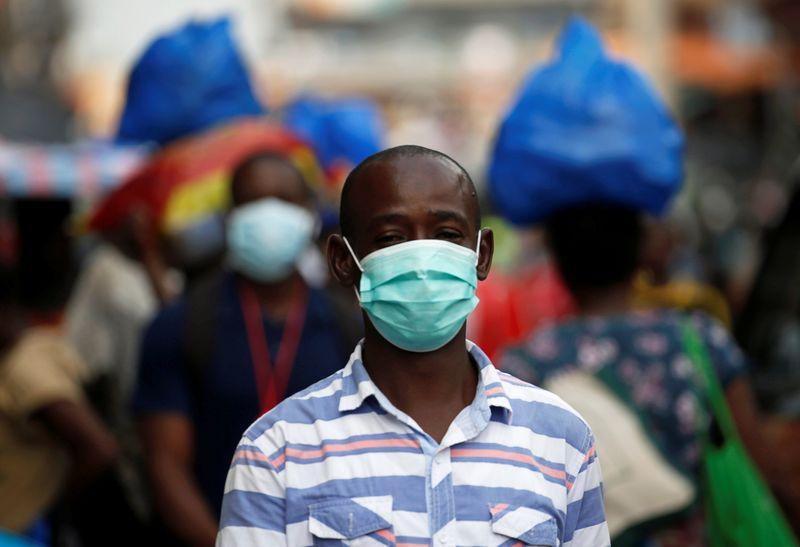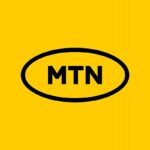Imo Etuk
You have just arrived at your destination, your buzzing phone alerts you that someone on your flight tested positive for COVID-19. What might have sounded futuristic in 2020 is the reality today. That’s because the COVID-19 pandemic brought a myriad of innovative shifts in the telecom industry designed to benefit frontline healthcare workers.
In the US, for example, AT&T gave free internet access to nurses and physicians for three months. Closer to home, MTN adapted its pan-African policies and announced a R250 million rand relief package for healthcare workers across Africa. At the same time, Airtel opened its coffers to show significant support. These programmes helped alleviate pressures facing healthcare workers during the extensive lockdown periods. Just as quickly as they were implemented, these initiatives were ended as countries around the globe declared COVID no longer an urgent threat, albeit prematurely.
- Ignorance, food restrictions and taboos fueling malnutrition in Nigeria – FG
- NIGERIA DAILY: Are We Still Our Brothers’ Keepers?
While providing these benefits to healthcare workers during the acute phase of the pandemic was a nice gesture, their somewhat rapid curtailment underscores why it often feels laughable when people ask about why we lack resilient health systems.
The healthcare industry continues to face unprecedented pressures. We need a concerted effort from all sectors to bring about lasting change and strengthen the healthcare sector.
Africa, a mobile-first continent, continues to be plagued by suboptimal healthcare systems, but Africa’s telecom industry can play a significant role in providing support to the health sector that can move the needle in the right direction. This support would enable healthcare workers to provide better care and grow professionally.
A cursory look at healthcare strategies in some African countries reveals that investing in capacity building for healthcare workers is key to more resilient healthcare systems.
In Liberia’s national quality strategy, for example, one thematic area focuses on increasing the number of healthcare workers to tackle issues concerning healthcare resources’ capacity for health promotion. The same can be seen in the quality strategies for Ethiopia and Ghana as they have the capability building decree built into their national quality strategies, further exemplifying the need for more healthcare workers to address healthcare challenges in the respective countries.
But in-person training is expensive and sometimes not an option, as COVID has shown us. Remote activities have become the mainstream post-COVID and have proven effective and more economical, with flight and accommodation line items removed from budgets and per diems that increase training costs becoming a thing of the past. Building on the successes of this, a movement needs to be created to amplify the new tools that COVID has provided. This is where the telecom industry can come in.
In our organization, we work to teach practical, life-saving chronic disease management approaches in partnership with New Mexico-based Project ECHO, an institution that has demonstrated a proven model for knowledge transfer – we have trained 8000 providers to date with a knowledge gain of over 12 per cent from baseline.
As a start, telecom giants can make critical infrastructure for education zero-rated (free) for healthcare workers. As part of their contributions to society, corporations such as MTN have foundations that focus on community development programmes that are designed to have a lasting impact on the communities they serve. In its last annual report, the MTN foundation dedicated 48 per cent of its annual budget of R51m (USD 3.5m) to education programmes, including zero-rating websites, so that learners can access critical websites at no cost. MTN has already created the blueprint for open access to learning for healthcare workers. Other telecom giants can follow suit and extend their media centres to healthcare workers. In South Africa, MTN has built up media centers and schools for learners. That same methodology can be used in the healthcare industry.
There is a need to build on these successes.
It is not enough for learning resources to exist. By increasing access to digital tools, we can remove a considerable barrier to technology uptake in the healthcare industry.
In our work, we have seen the efficiencies that can be unlocked with the power of technology. In addition to providing access, telecommunications companies can also train healthcare workers in basic computer literacy skills.
Some say that private sector businesses shouldn’t have to give away services for free regardless of the intention behind such actions, but I firmly believe that the private sector must use every tool available in their collective arsenals to combat the scourge of poor healthcare systems so that Africans can live longer happier and more productive lives.
And, in doing so, telecommunications companies can build healthier, stronger countries—and customer base—for their future.
Imo Etuk is a 2022 Aspen New Voices fellow and co-founder and CTO of mDoc Healthcare.

 Join Daily Trust WhatsApp Community For Quick Access To News and Happenings Around You.
Join Daily Trust WhatsApp Community For Quick Access To News and Happenings Around You.


